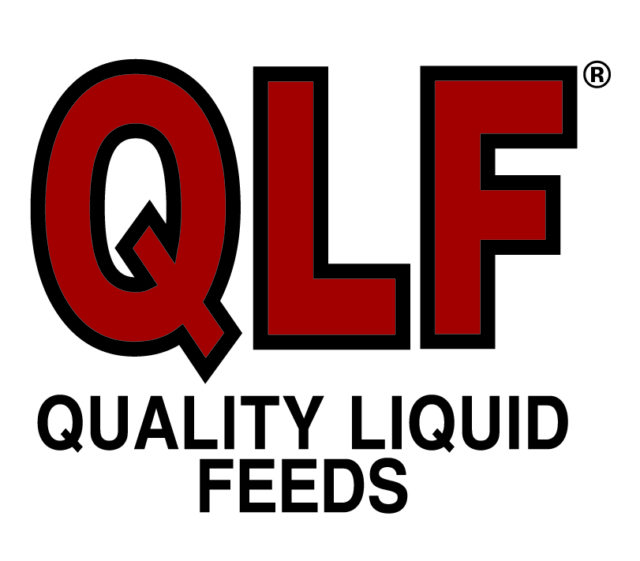Every year, just before the first game of the season but a couple of weeks after the start of practice, the Oakley High School girls’ basketball team holds an annual potato fundraiser. As one of the coaches of the junior varsity part of said team, I am privileged to take part in the dreaded festivities.
I say “dreaded” because it’s not an activity that’s performed under the most pleasant of circumstances. I say “festivities” because it usually turns into some sort of a party with this group, if you take the ball and the running out of the equation.
Every girl between the ages of 13 and 18 in this little close-knit, agriculture-driven community nestled at the foot of the Albion mountains in south-central Idaho, knows that Coach Payton, the head varsity coach and master organizer, is all business when it comes to basketball. However, they’ve also come to appreciate that he’ll occasionally let down his closely cropped hair just a bit when he’s not holding court on the court. Hence, a lot of fun is miraculously derived from an otherwise arduous job.
The potato fundraiser consists of three parts: First, each girl is asked/required to sell as many boxes of potatoes as she can. As a carrot hanging in front of the young potato peddlers, some prize, like a team hoodie sweatshirt, is offered to the girl who sells the most boxes. Second, each box needs to be assembled and filled with about 45 pounds of spuds that are stored in the huge, cold storage cellars of generous local farmers who either donate the tubers or sell them to the team at a ridiculously discounted price. Third, the boxes of Idaho’s finest russets have to be delivered to the generous buyers: relatives of the team members and residents of the valley who, in many cases, buy the potatoes and donate them back to someone in need.
It’s certainly a worthwhile project that yields a lot of good, some of which is obvious, but much of which may not fully be realized by the recipients for years, if at all. Without our yearly potato fundraiser, the team would not be nearly as well equipped and outfitted as they are. As it is, we’re rarely lacking for attractive uniforms and apparel and good balls that actually hold air and bounce for practice and games. Coach Payton is vigilant in his efforts to make sure his team is well aware of the sacrifices of previous teams and the generosity of the community.
Filling and packing the boxes is hard work and requires most of a good Saturday, after an already tough practice, to complete. The girls are mostly cheerful and good-natured about it, and there’s always a good TikTok video or two (or whatever the latest social media craze may be) that comes out of it.
As we were nearing the end of the latest version of the “Great Basketball Philanthropic Event,” I was helping Bentley, one of the senior captains of the team, trundle 30-plus boxes of potatoes from the cellar to her dad’s flatbed trailer parked just outside. With each trip, the boxes seemed to gain weight like a sumo wrestler prepping for the Grand Tournament. Though she maintained her usual bright disposition, I could tell Bentley was on the verge of “wore out” – not just from the day’s exhausting work but from the weight of the burdens that are probably mostly unseen by adults who envy what we perceive as the carefree days of youth.
“I don’t know why I always do this,” she lamented. “Every year I try to sell the most potatoes, and every year I hear more whining and complaining about the size or the shape or the condition of the potatoes. And you know some of the freshmen hardly pay attention to what they’re stuffing in the boxes, so it’ll be more of the same this year.”
I knew she was pretty accurate in each of her assessments, yet I hoped, and was fairly confident, that she’d continue to outshine the shadows of a world that sometimes seems to relish in the deterioration of youth’s optimism. I hoped she’d be able to grasp the value in offering gracious, unpretentious generosity. It’s a gift that’s becoming more and more apparent by its absence in a jaded world, which only makes those who possess it even more valuable, if not cherished, in that very same world.











